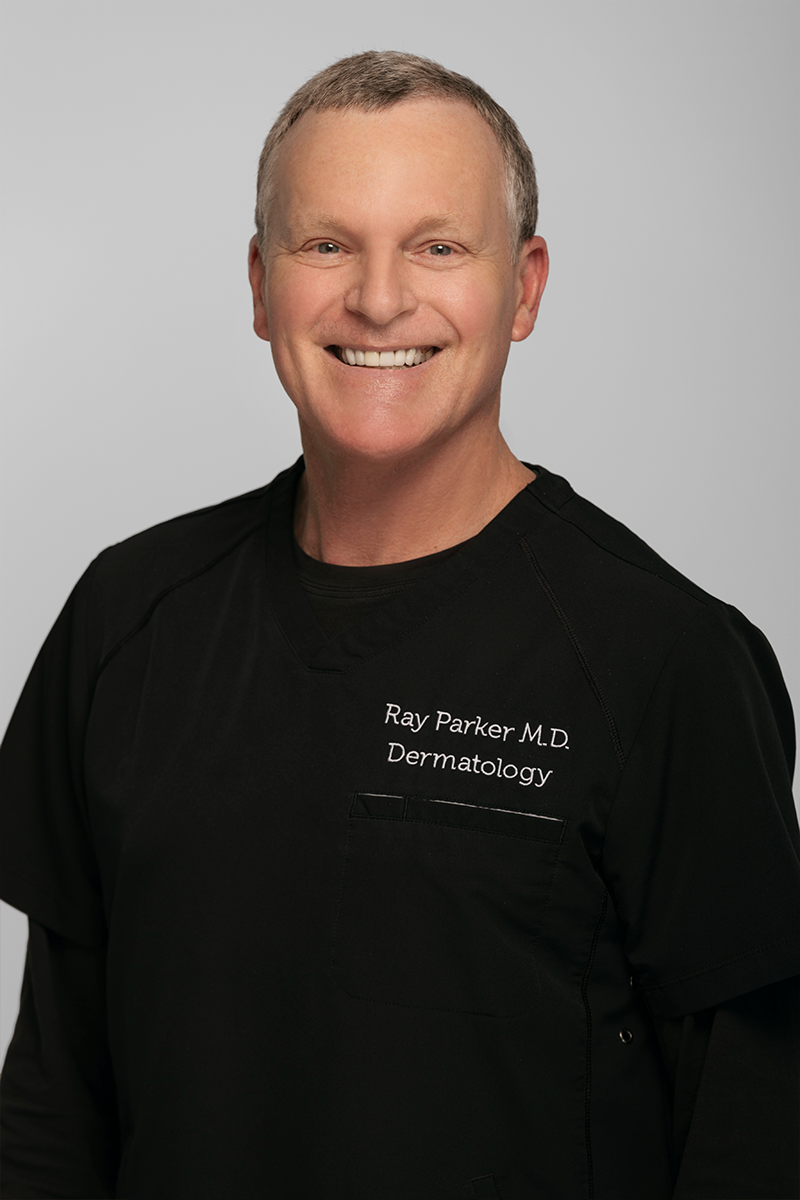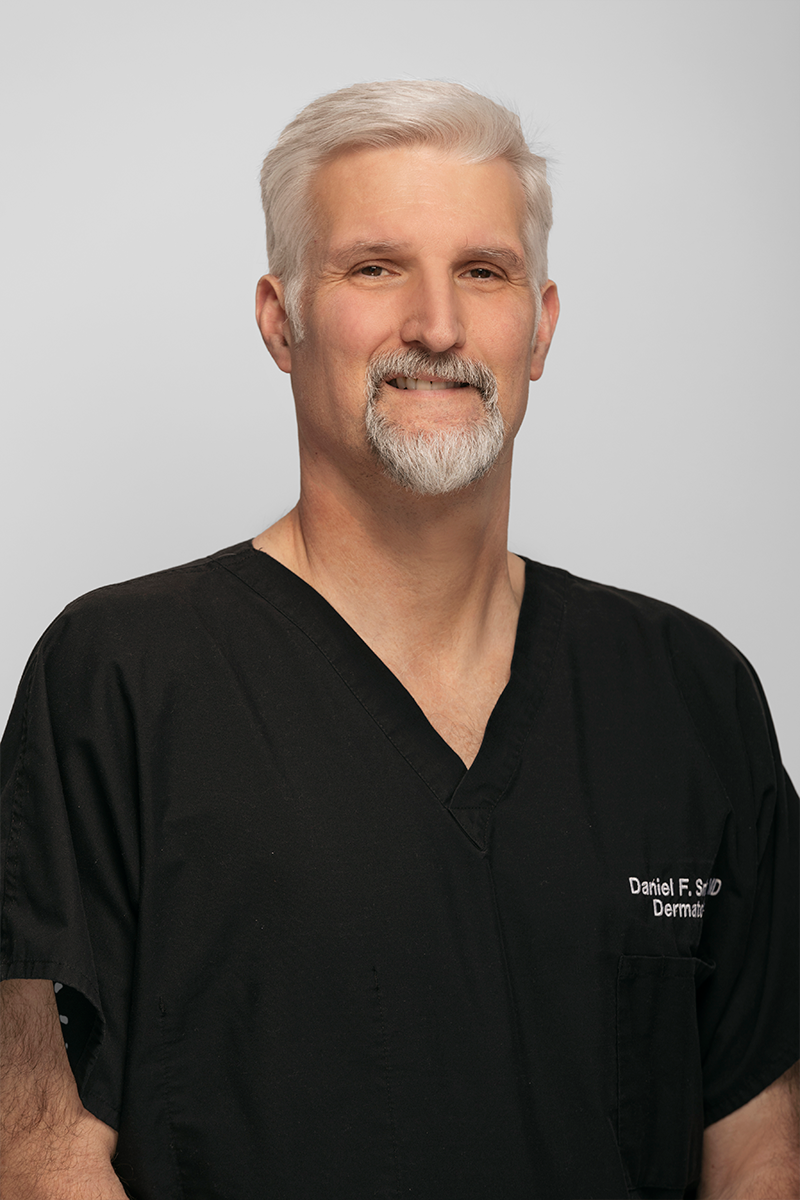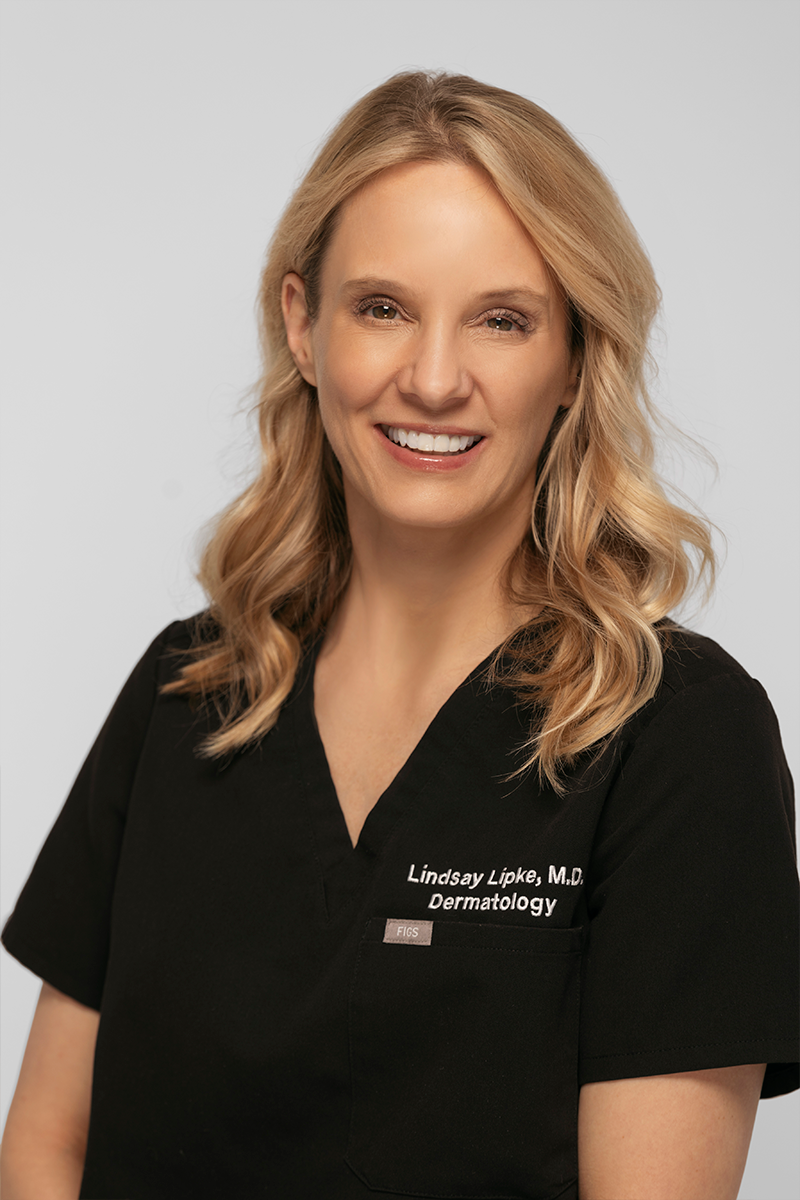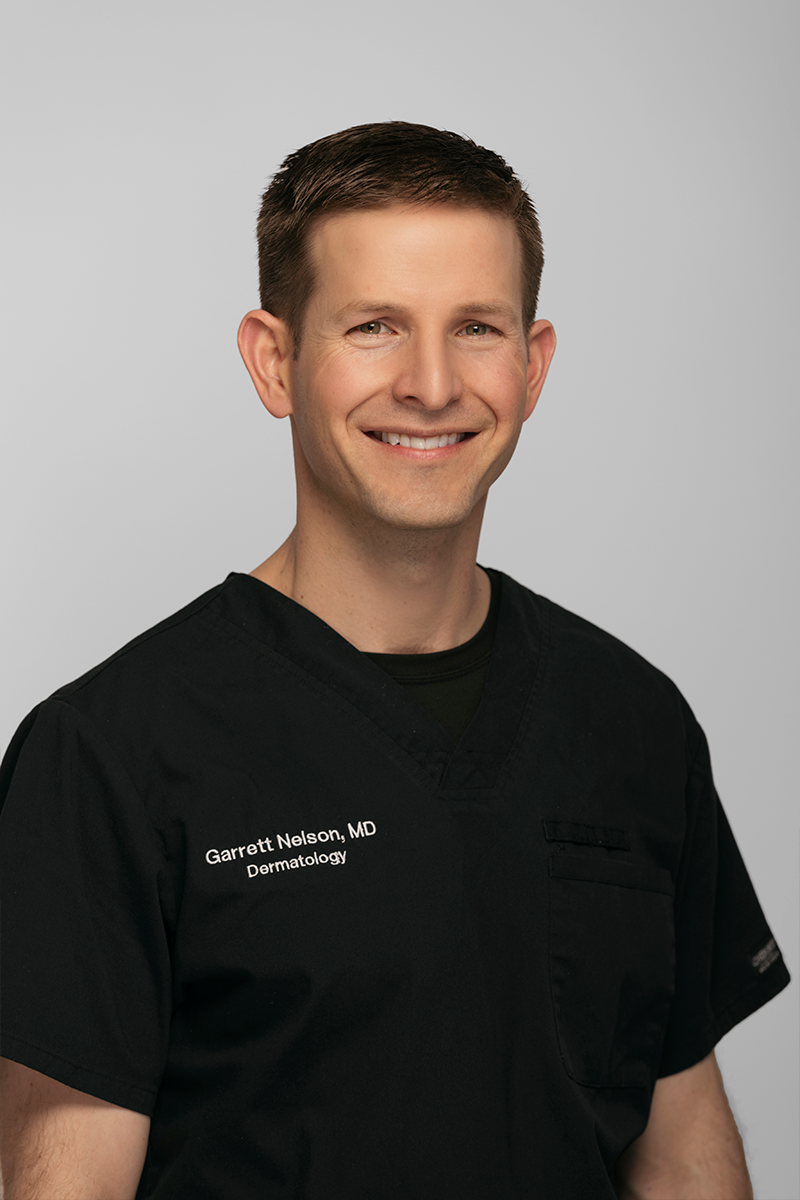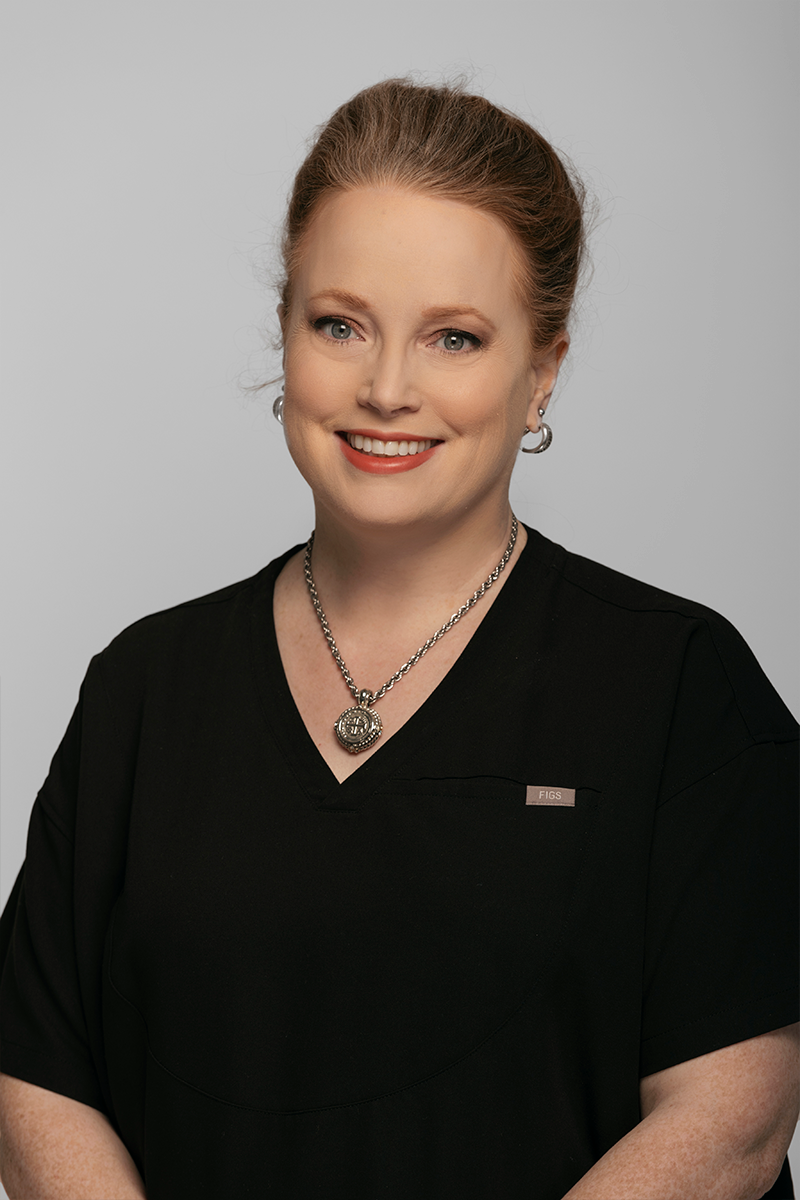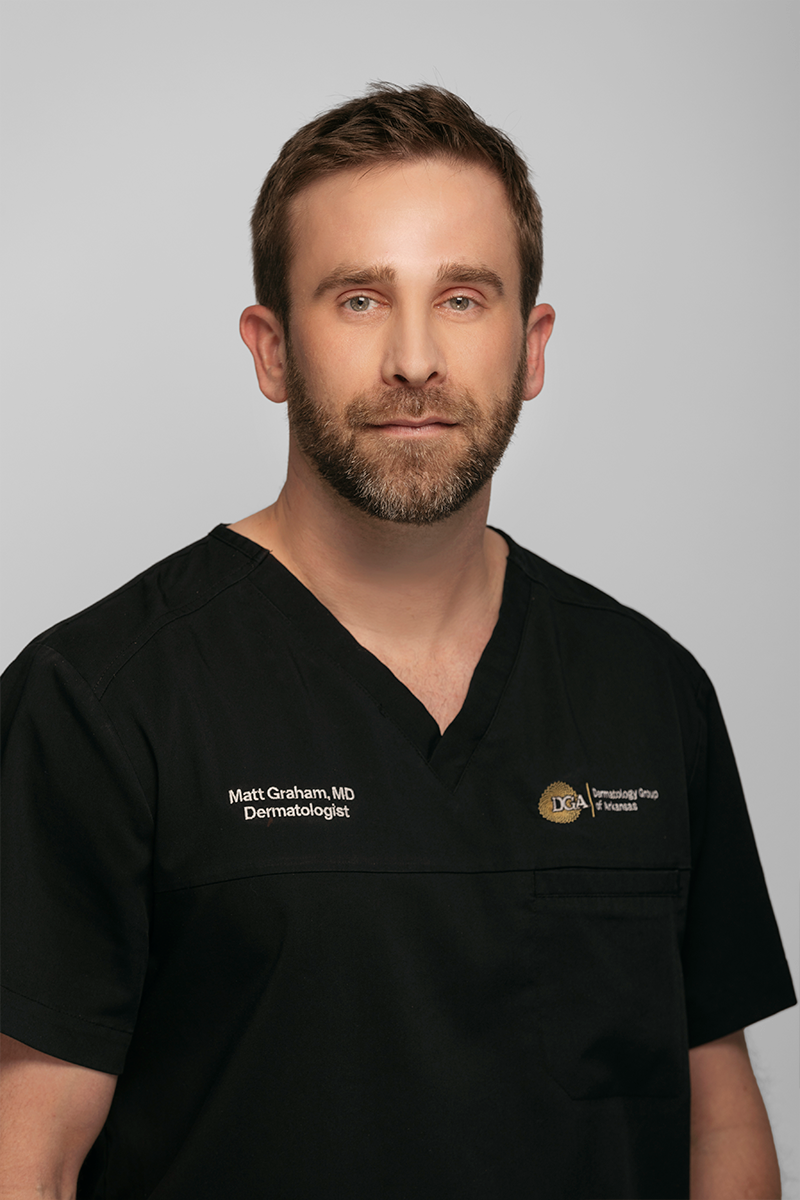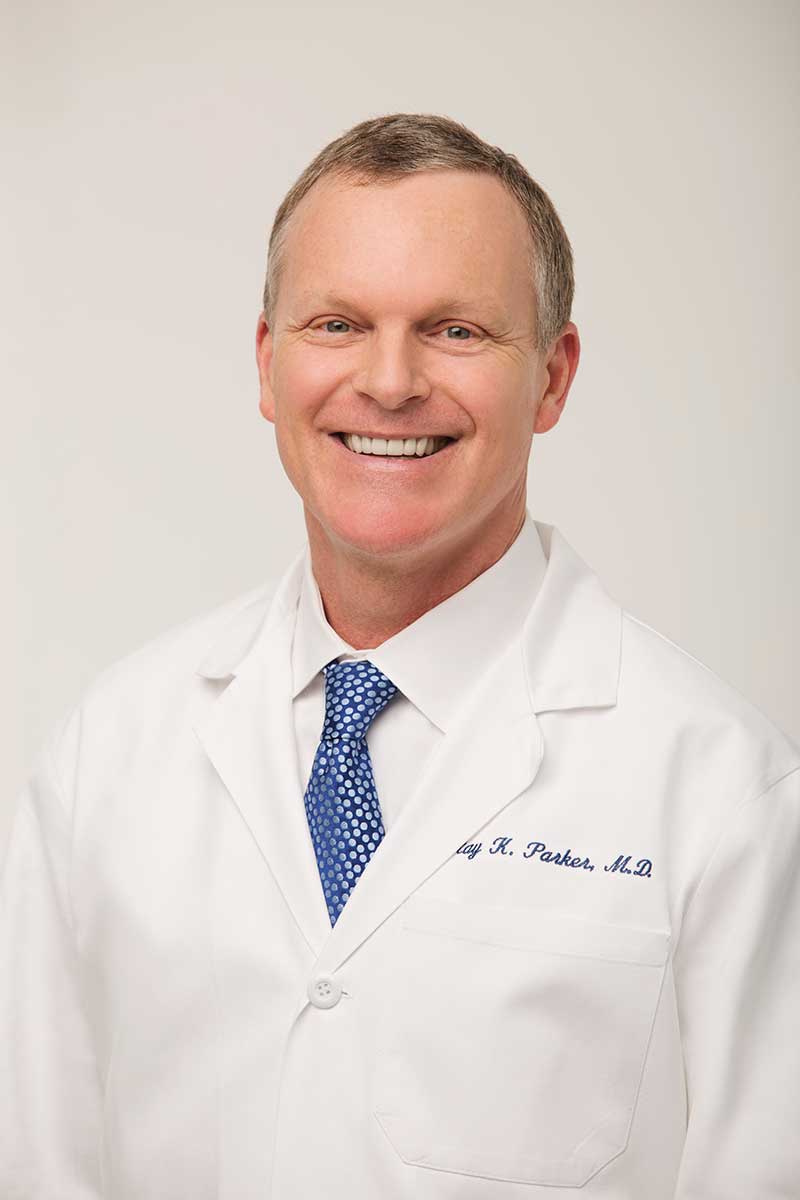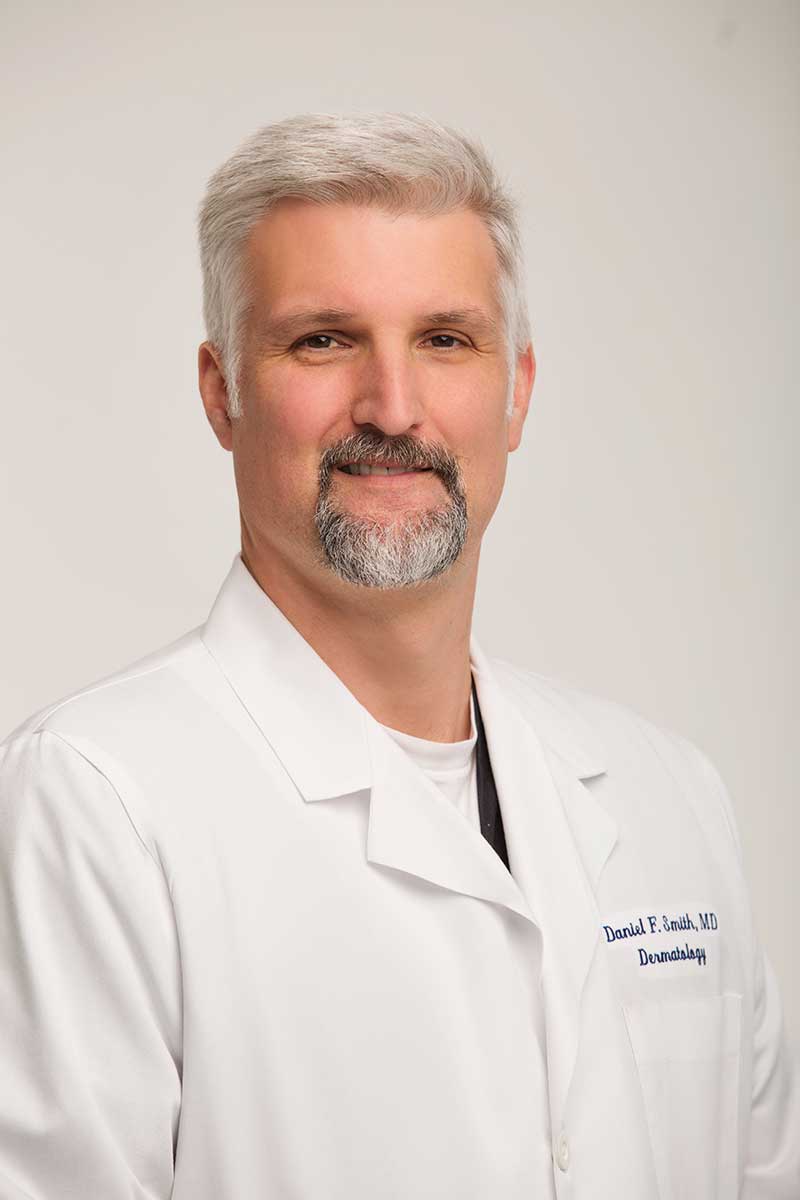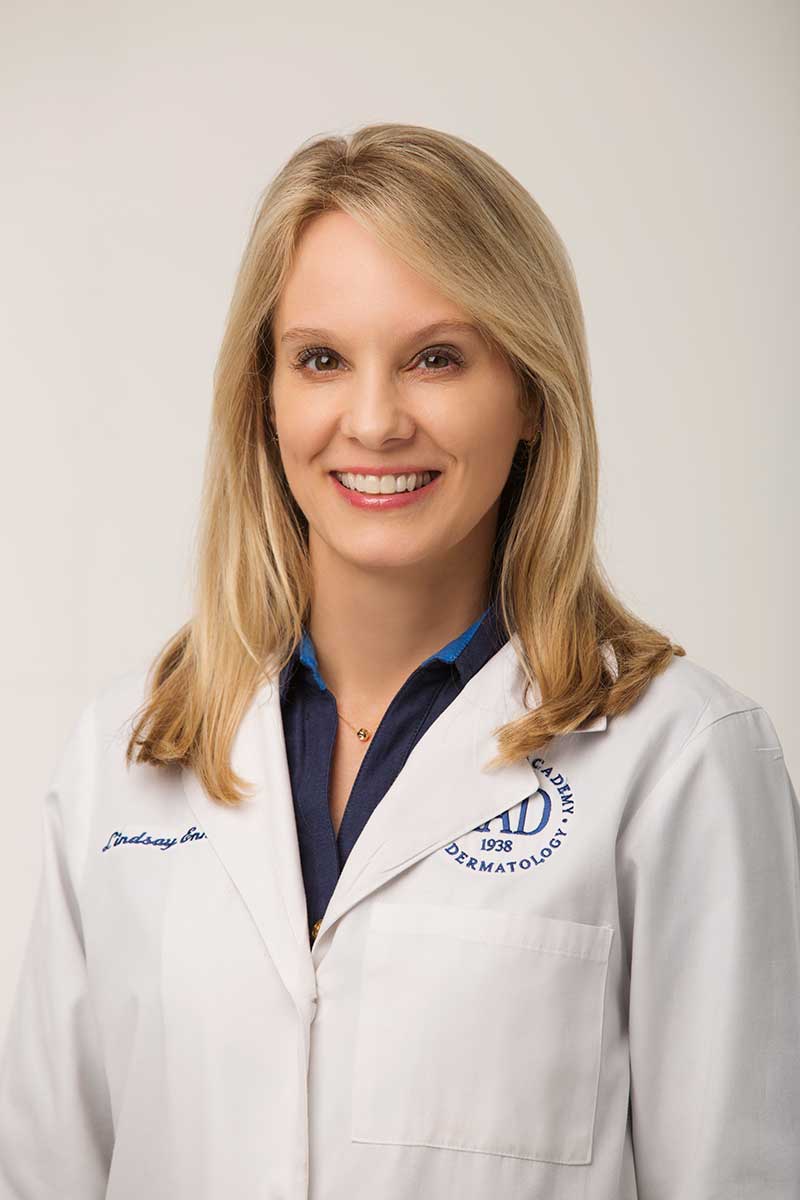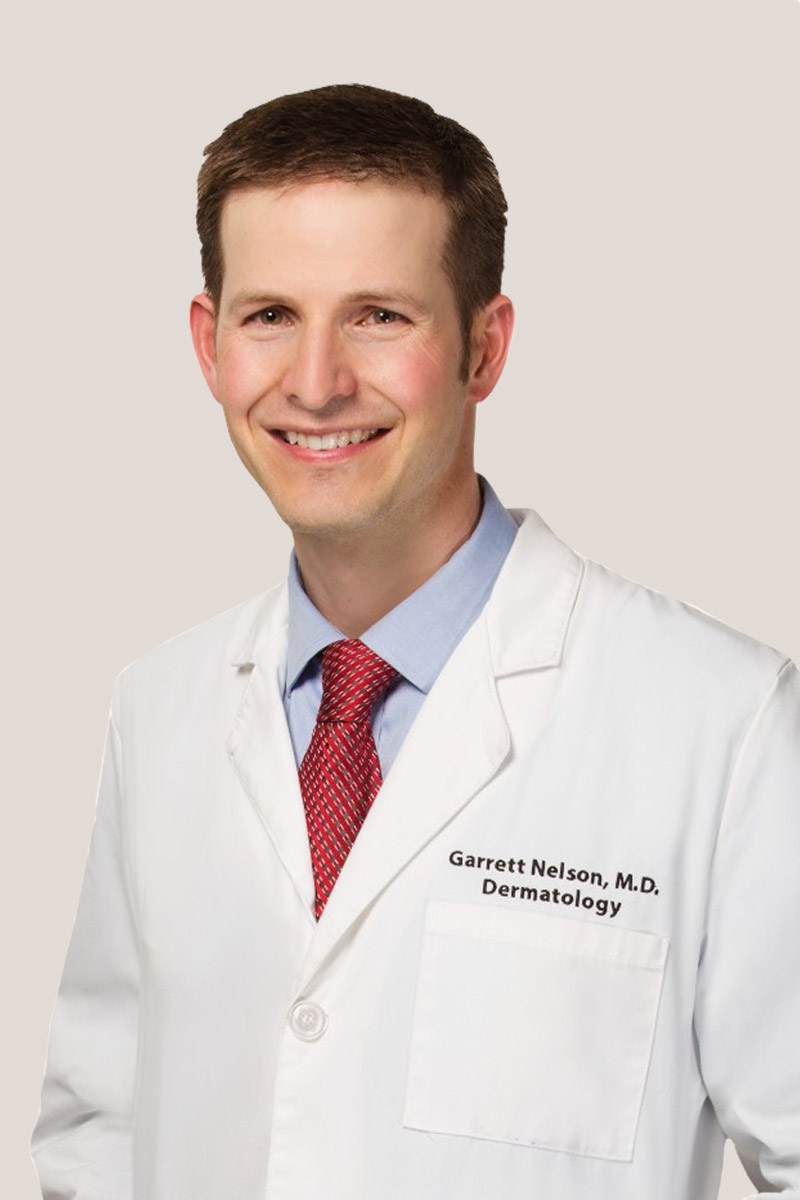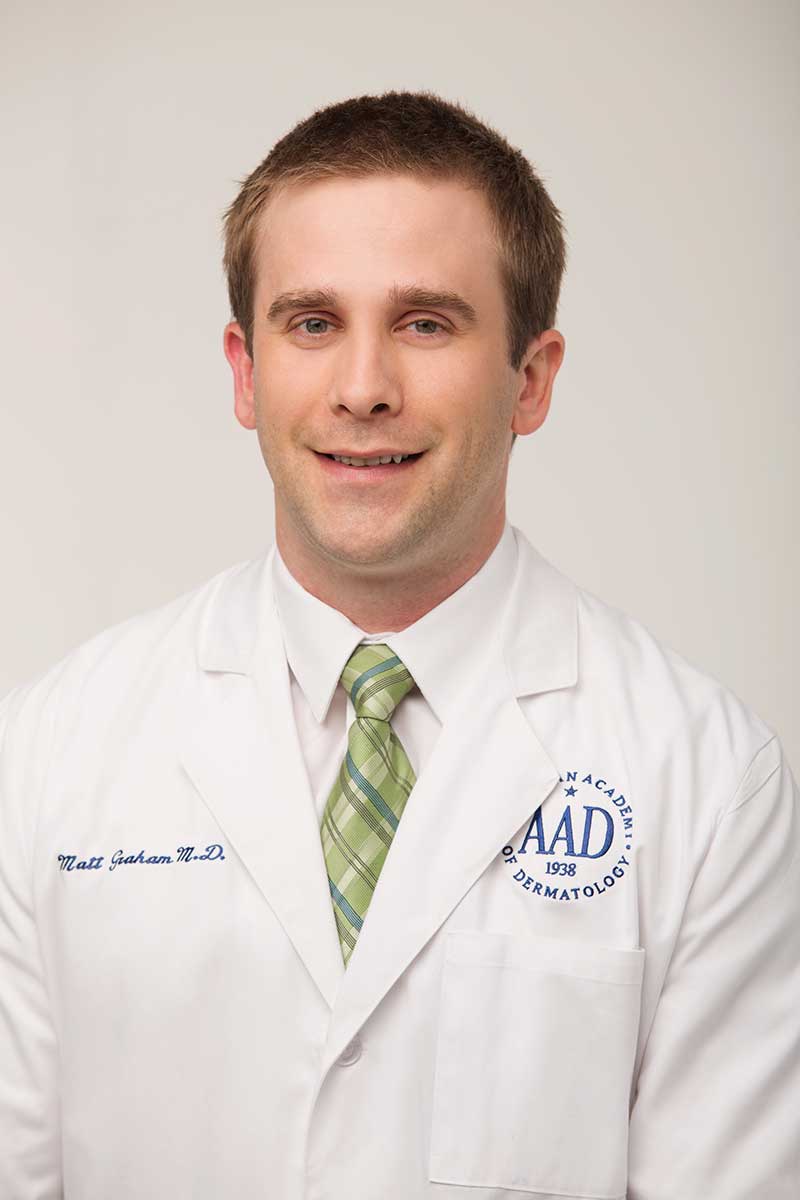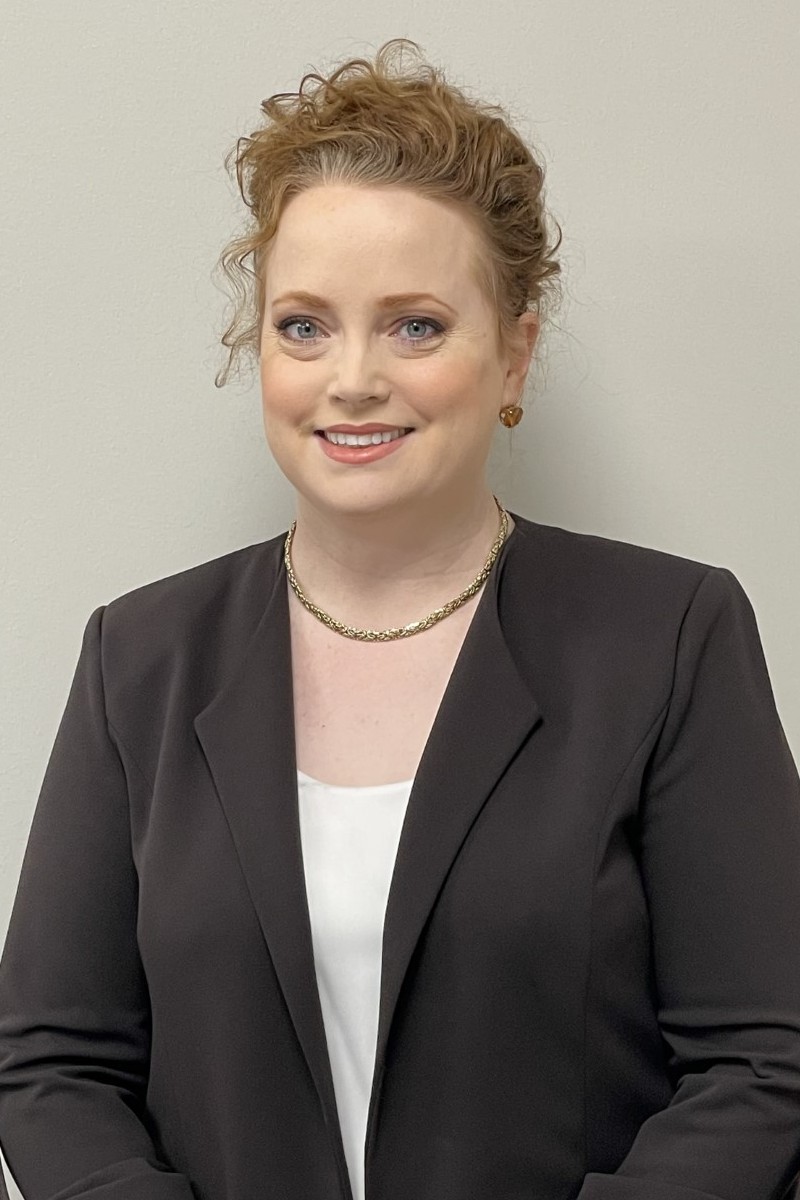Full-Body Skin Exams
Schedule Routine Skin Checks with Experienced Dermatologists Serving the Little Rock Area, Central Arkansas, and Beyond
Our team at Dermatology Group of Arkansas encourages routine full-body skin exams at our Little Rock-based practice as part of a comprehensive effort to maximize positive outcomes for patients facing skin cancer, a potentially deadly disease that has a much better prognosis if caught early.
Melanoma, in particular, can grow and spread fairly rapidly within the body, so identifying it with a full body skin exam and starting a treatment plan to stop it before it can involve the lymph nodes and other organs is vital.
Contact Us Today
Schedule your full body skin exam in Little Rock. Call us at the Dermatology Group of Arkansas at 501-227-8422.

What Is Skin Cancer?
Full-body skin exams are highly recommended for all adults, especially those who have a high risk for skin cancer. Skin cancer occurs when there’s an abnormal, uncontrollable growth of skin cells because of DNA damage. This disease is usually caused by overexposure to UV rays from the sun or artificial sources.
Skin cancers form outside of the body and are visible in most cases. They represent the most commonly diagnosed type of cancer in the world—but fortunately, they are also the most preventable. With that in mind, patients should take a proactive approach toward prevention. Full-body skin exams—both at home and with a dermatologist—can help you detect skin cancer at an early, treatable stage.
What Does a Full-Body Skin Exam Involve?
The name basically says it all. A full-body skin exam involves a dermatologist making a thorough examination of your skin from head to toe, particularly keeping an eye out for concerning spots or lesions that could indicate the presence of skin cancer. A full-body skin exam will help you to identify visible signs of skin cancer before you develop any symptoms of it. This can make it much easier to treat the disease.
Patients will need to remove their clothing in order for the dermatologist to be able to fully see as much skin as possible during their full-body skin exam. While melanoma and other cancers tend to develop on sun-exposed areas, they can appear virtually anywhere on the body—including under fingernails and toenails. For this reason, it is important to not wear any nail polish that would get in the way of clearly seeing the skin beneath the nail. Similarly, avoid wearing any makeup.
During your full-body skin exam, our dermatologist will visually examine all visible skin, noting any spots that should be tested or biopsied.
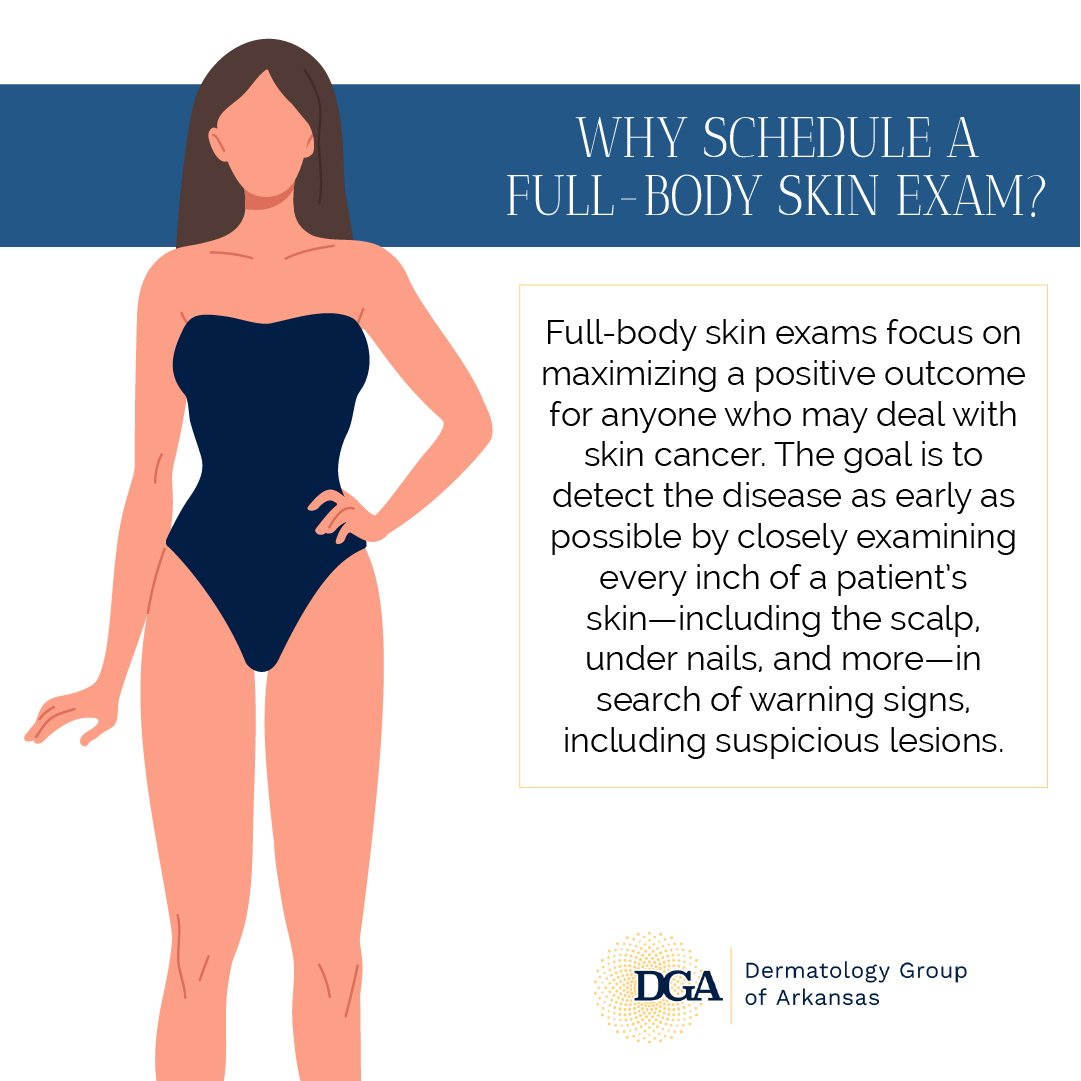
A full-body skin exam at the Little Rock area’s Dermatology Group of Arkansas takes around half an hour—and can allow a dermatologist to detect signs of skin cancer and other problems for life-saving results.
Who Should Get a Full Body Skin Exam More Frequently?
Anyone is at risk of skin cancer, but there are certain factors that may increase the risk of the disease. If you are at a higher risk of developing this skin disease, you may need to get a full-body skin exam more frequently compared to someone who has an average risk. You can discuss a personal plan for full-body skin exams with us. If you have never had a full-body skin exam before, you’ll need to find out how often they will be needed. If you think your risk for skin cancer is high, it’s important to talk to our team. Sometimes full-body skin exams may be recommended annually or every four to six months for patients who:
- Have a personal history of melanoma, other forms of skin cancer, or precancerous skin lesions such as actinic keratosis.
- Have first-degree relatives who have a history of melanoma.
- Have many moles or freckles or a history of atypical moles.
- Have light skin, hair, and eyes.
- Had many blistering sunburns during childhood.
- Have had one or more severe sunburns.
- Have used tanning beds in the past.
- Have a history of significant sun exposure.
- Have severe sun damage.
- Have moles that look different from the others in size and shape.
- Have a weakened or suppressed immune system.
Are Self-Conducted Full-Body Skin Exams Important?
While we can identify, test, diagnose, and treat a wide assortment of medical conditions that may be revealed during a full-body skin exam, you are the foremost authority on your own skin. Since you live in it every day, you are the one who will notice first that a new spot has appeared on your shoulder or that a mole has grown distinctly larger in a matter of months.
By giving yourself full-body skin exams once a month—or asking a trusted partner to help by looking over areas that are difficult for you to see—you can help us to get a more complete and accurate picture of your skin health. You should be familiar with your skin, including the areas that are not frequently exposed to sunlight. In addition to seeing us for a full-body skin exam, you should also examine your own skin with a mirror and take measures to protect your skin from sun damage to lower the risk of skin cancer developing in the first place.
Knowing what to look for is essential so that you can identify skin cancer at an early stage. During your self-conducted full-body skin exam, you should look out for spots that have changed in size, color or shape, spots that bleed or don’t heal within several weeks, spots that are asymmetrical, have irregular borders, or unusual colors, and ones that are larger than six mm across (roughly the size of a pencil eraser). However, it will sometimes be difficult for an untrained eye to spot the difference between a benign and malignant lesion, which is why it’s so crucial to see a dermatologist for a full-body skin exam.
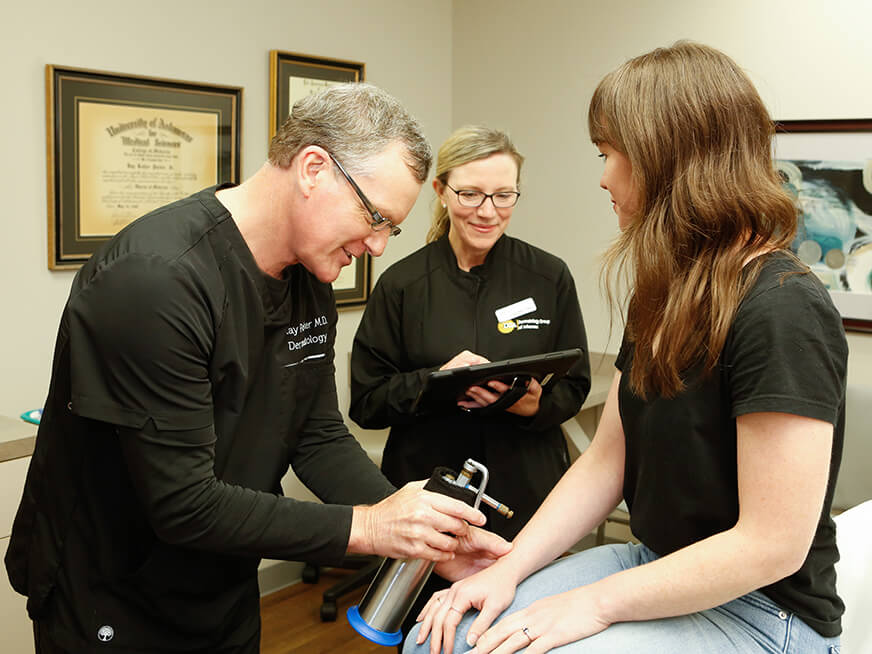
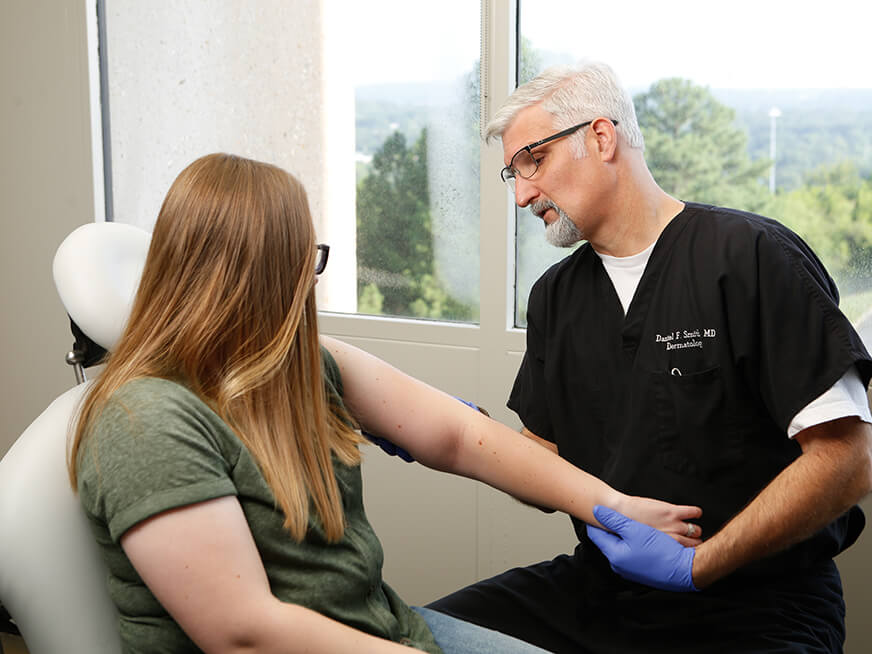
How Do You Prepare for a Full-Body Skin Exam?
To get the most out of a full-body skin exam, there are several steps you can take beforehand. Examine your skin and make notes or take pictures of any unusual spots or new changes on your skin to bring to your appointment. Don’t wear any makeup or jewellery, and remove nail polish from your fingers and toes so that they can be thoroughly examined. Take off any bandages, braces, or other coverings on your skin. It’s best to wear your hair loose so your scalp can be examined as well. Prepare any questions you might have, as the full-body skin exam is the perfect opportunity to ask them.
Meet Your Doctors
Meet Your Doctors
Meet Your Doctors
What Medical and Cosmetic Dermatology Treatment Options Are Available?
If you have had a full-body skin exam and have a medical condition such as skin cancer, psoriasis, rosacea, eczema, or others, our practice offers care and treatments to help patients cope with these disorders.
We also provide a complete range of cosmetic dermatology options for beautification such as BOTOX® to reduce dynamic wrinkles, dermal fillers such as the Juvéderm® collection of hyaluronic acid fillers for softening wrinkles and enhancing the face, laser skin resurfacing for improving the skin’s tone and texture, and skin rejuvenation options such as chemical peels and microneedling.
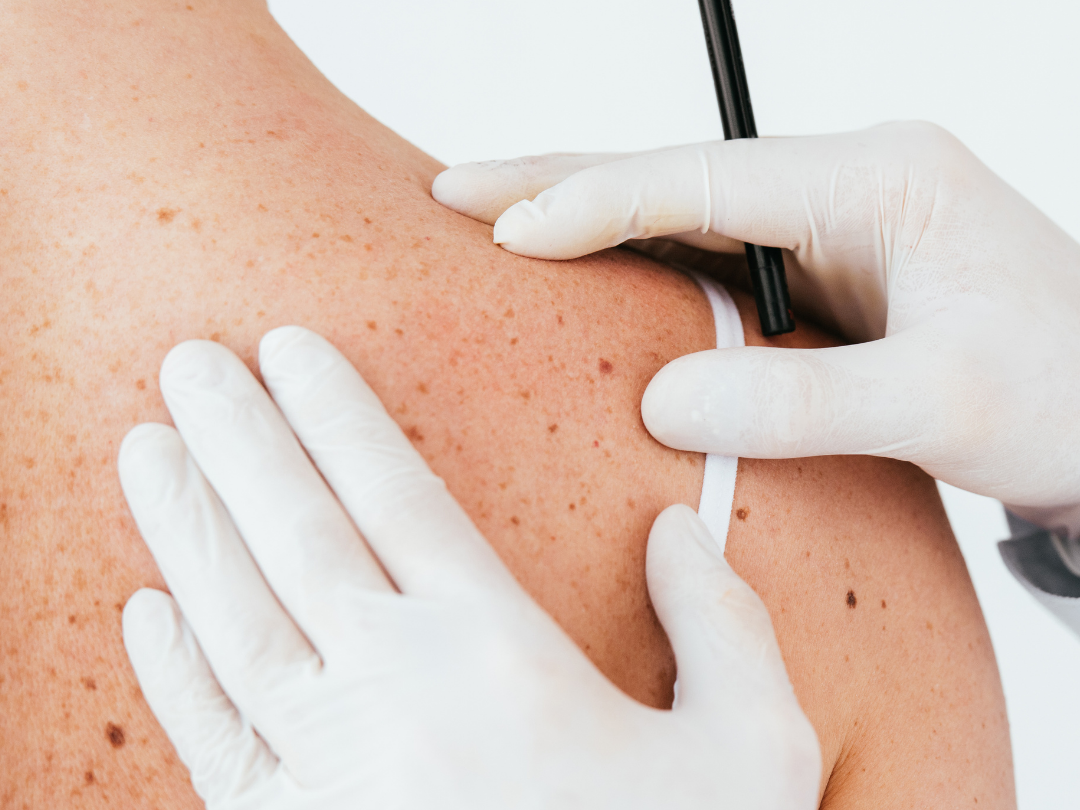
Contact Us Today
Contact the Dermatology Group of Arkansas to request a full body skin exam in Little Rock. Call us at 501-227-8422 to learn more.
Stay In Touch
Our team at Dermatology Group of Arkansas is looking forward to hearing from you and building a relationship to help you get your best skin possible. Follow us online, reach out to us directly to set up a meeting, or both!

